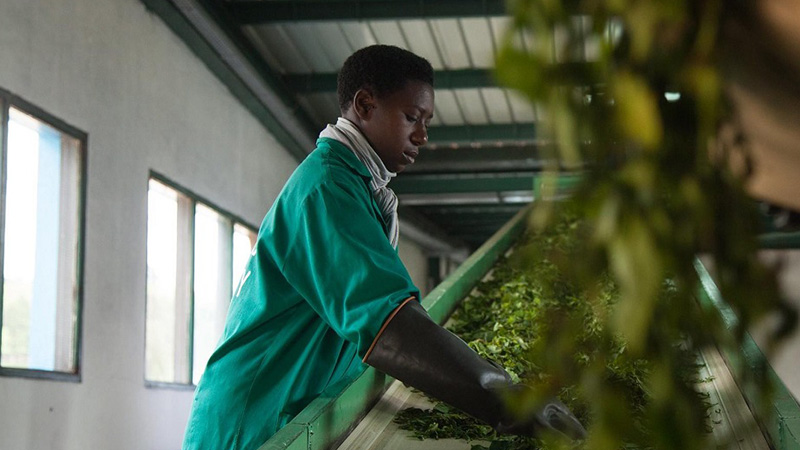The least developed countries (LDCs) need to create developmental momentum sufficient to sustain robust economic progress beyond their point of graduation from the LDC category. The measurable progress justifying the decision to graduate LDCs does not necessarily signal structural economic transformation or level of sophistication in institutional and State support needed to steer the economy through its next phase of development.
Issues of low development of productive capacities and modest economic diversification intensified by gaps in investments in human assets tend to linger in graduating LDCs. UNCTAD’s productive capacities index shows that in all LDCs, the rate of accumulation of productive capacities in 2001-2018 is too slow and focussed on a narrow set of low-complexity productive capacities. LDCs that fail to diversify and restructure their economies, including through increasing their share of manufacturing in exports, run the risk of entrenched marginalization in the global economy even as they eventually graduate from the LDC status.
Objective of the Project
The project aims to help five LDCs increase their chances of achieving structural economic and social progress towards and beyond graduation from LDC status. This involves the provision of (i) country-specific analytical material on the implications of LDC graduation; vulnerabilities and related resilience-building; and inputs into smooth transition strategies; (ii) relevant advisory services to policymakers; and (iii) action to help project beneficiaries to use industrial policy more effectively to graduate with momentum.
Activities
The project will provide policy support through (i) clearly articulating elements of structural vulnerability and handicaps beyond those captured by the indices used as criteria for graduation, which need to be considered on a case-by-case basis as binding constraints to structural economic transformation and development based on the three pillars of sustainable development; and ii) identifying specific sectors with the potential for accelerated growth and transformation that could benefit from industrial policy interventions; iii) providing capacity development support in industrial policy; and (iv) facilitating south-South exchange of experience and peer learning. The project will also contribute to the early sensitization of private sector industry associations/enterprises to the implications of graduation and facilitate their proactive devising of industry/firm-level actions to boost productive capacities and competitiveness.
Intended Outcomes
- Strengthened capacity, among government officials and other stakeholders in beneficiary countries, to formulate and implement resilience-building policies, which foster graduation with momentum
- Strengthened capacity, among government officials in beneficiary countries to mainstream industrial policy objectives and strategies into graduation strategies
Link to the SDGs:
The project supports the following SDGs and targets:
- Goal 8: Promote sustained, inclusive and sustainable economic growth, full and productive employment and decent work for all (Targets 8.1, 8.2,8.3);
- Goal 9: Build resilient infrastructure, promote inclusive and sustainable industrialization and foster innovation (Target 9.2)
- Goal 10: Reduce inequality within and among countries (Targets 10.2, 10. A, 10.B)
- Goal 17: Strengthen the means of implementation and revitalize the global partnership for sustainable development (Targets 17.2, 17.9, 17.11, 17.12)
Monitoring and Evaluation
The project will submit annual progress reports as of 31 January of each implementation year of the project with the first annual progress report due 31 January 2024, and a project terminal report by end March 2027.

